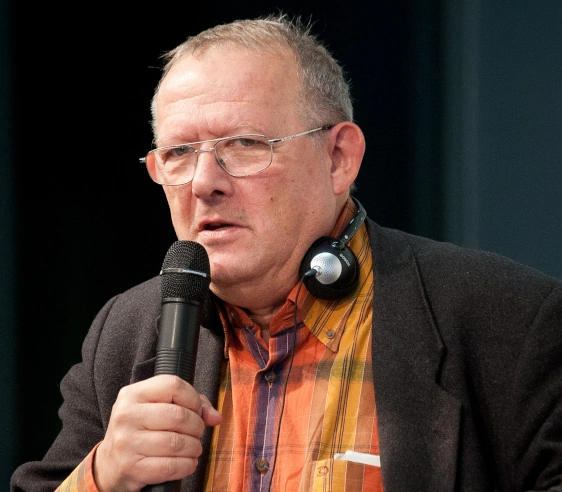Main content
2022 Princess of Asturias Award for Communication and Humanities

Adam Michnik
2022 Princess of Asturias Award for Communication and Humanities
Michnik is one of the best known and most prominent defenders of human rights in Poland and is considered one of the key figures in the recovery of democracy in the country, as well as an outstanding journalist.
End of main content
